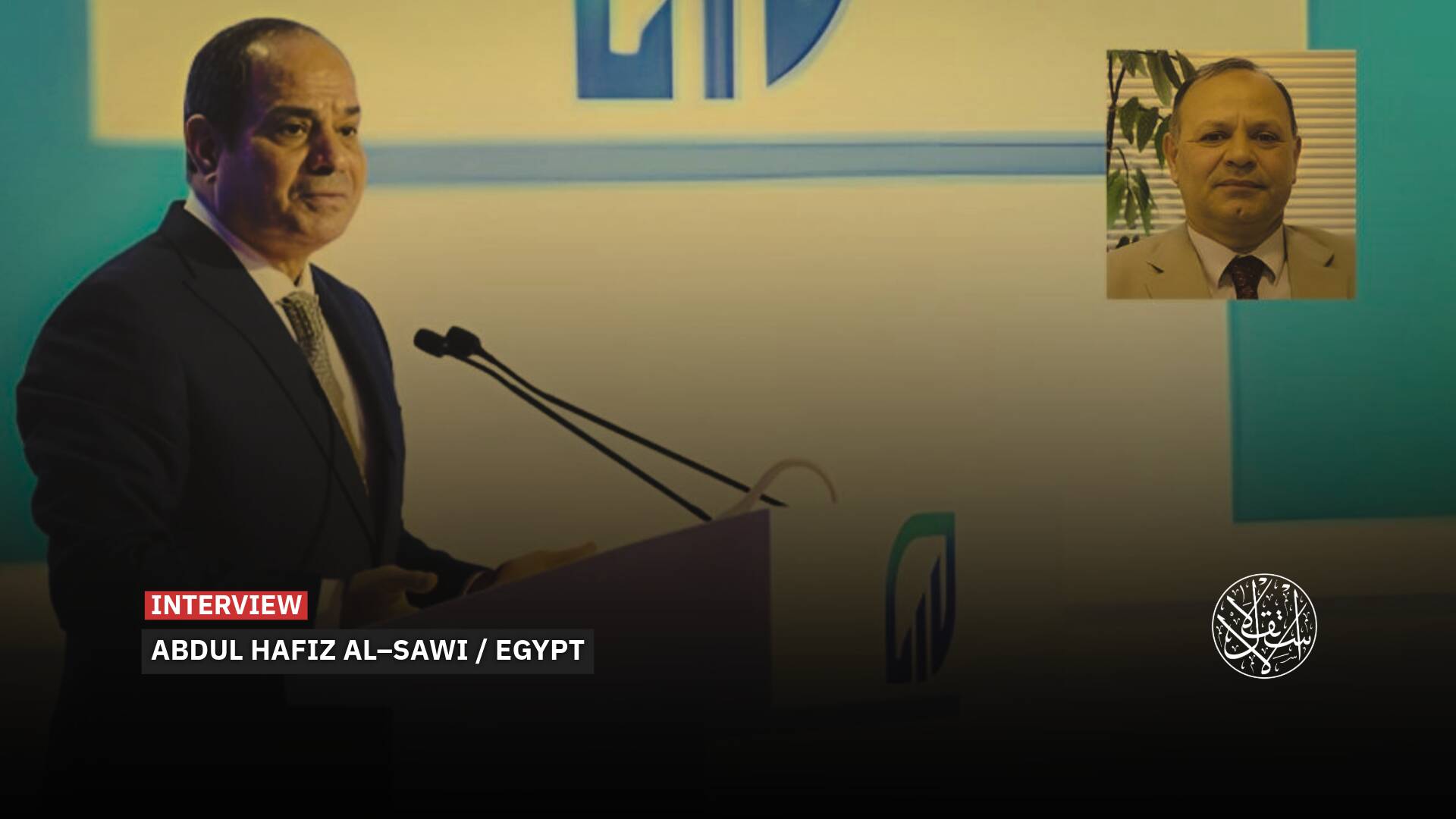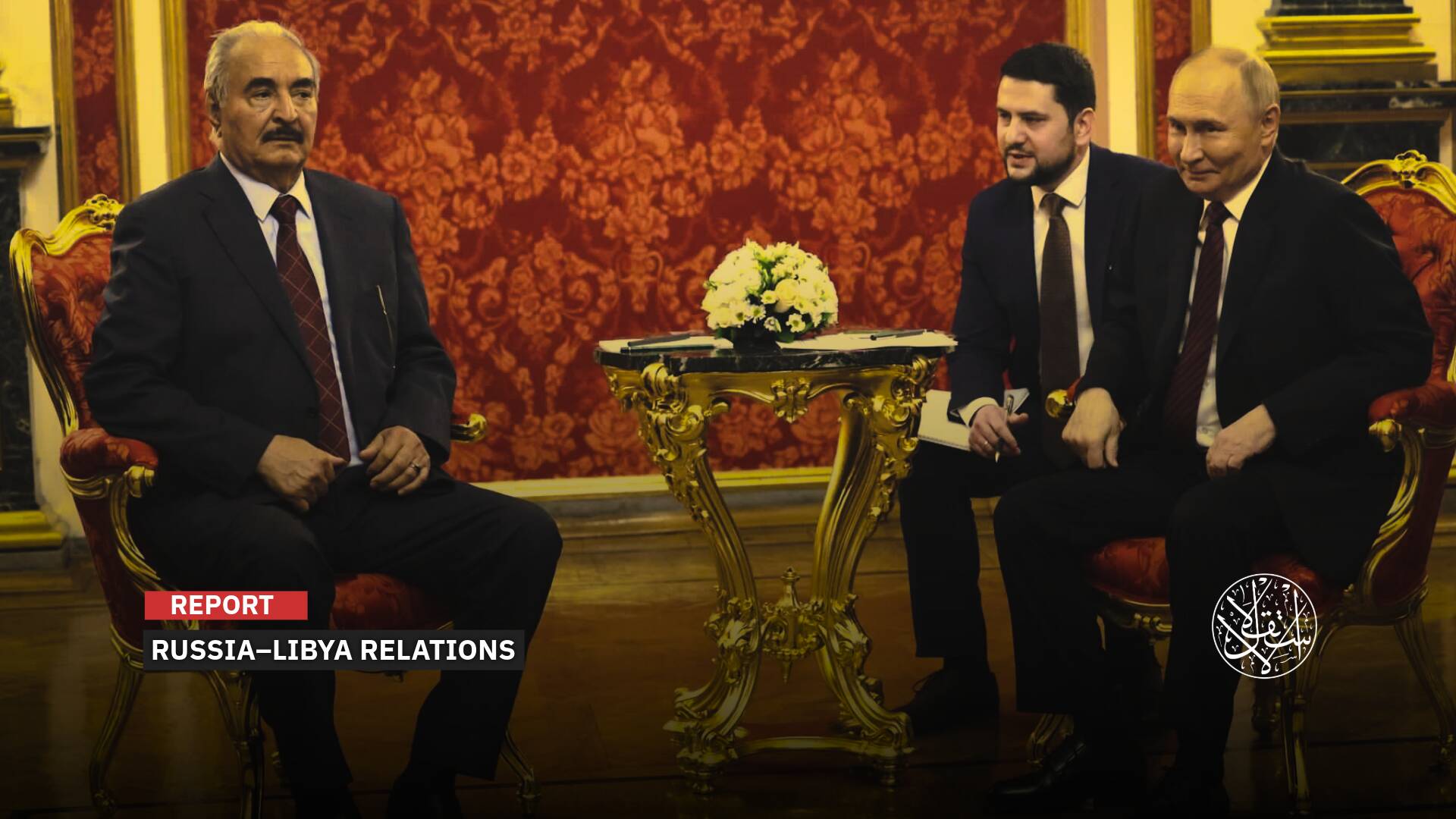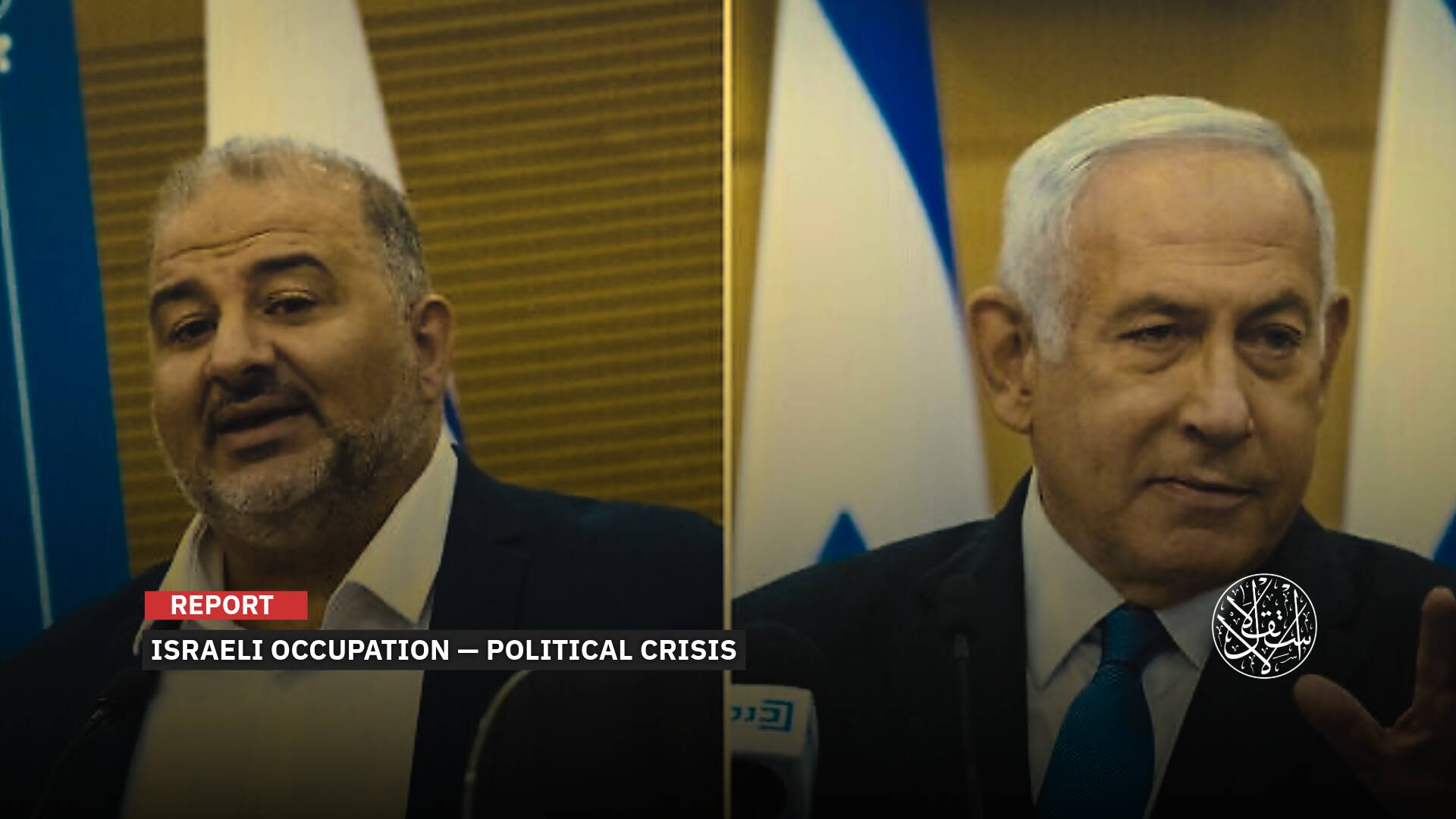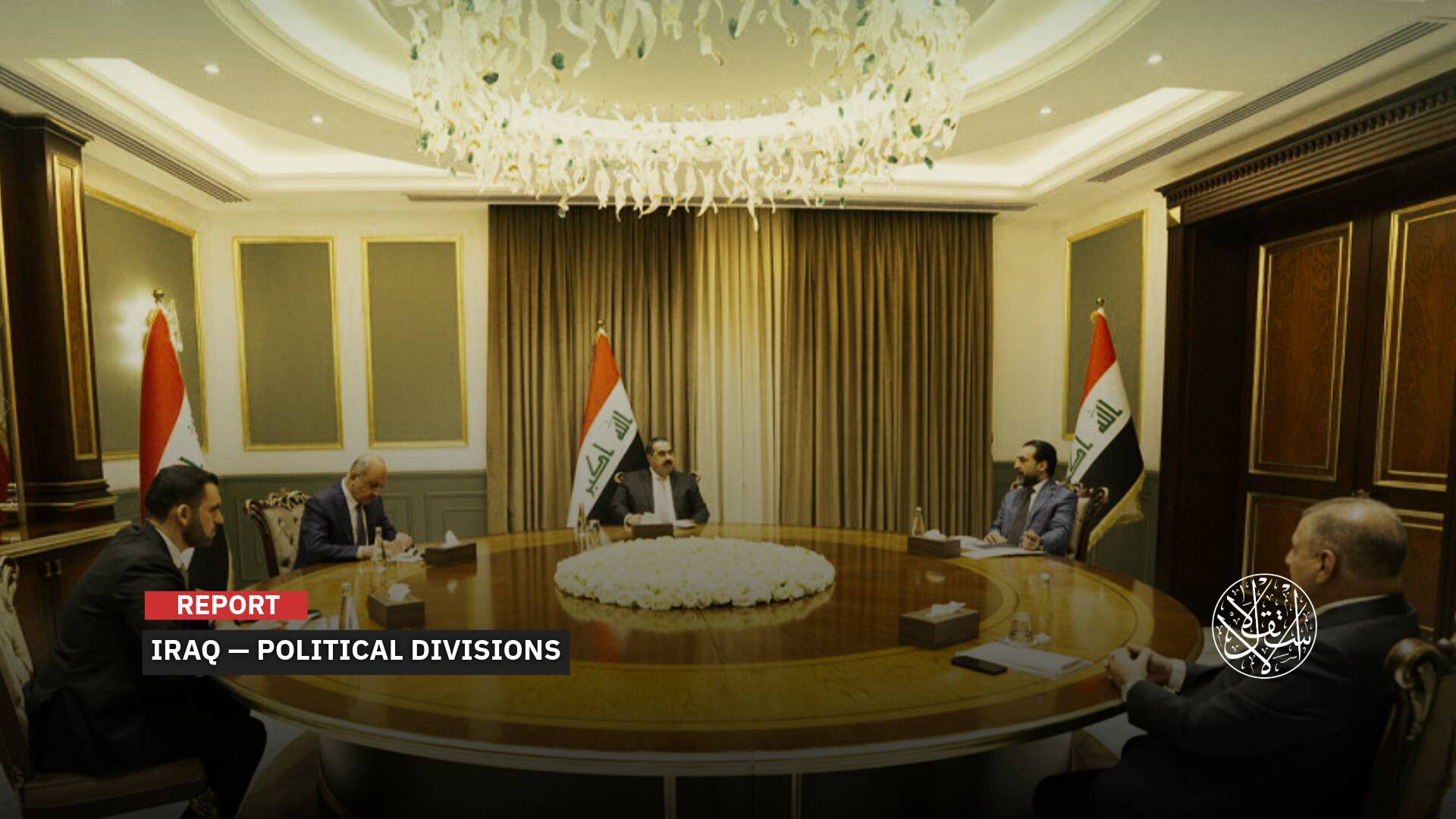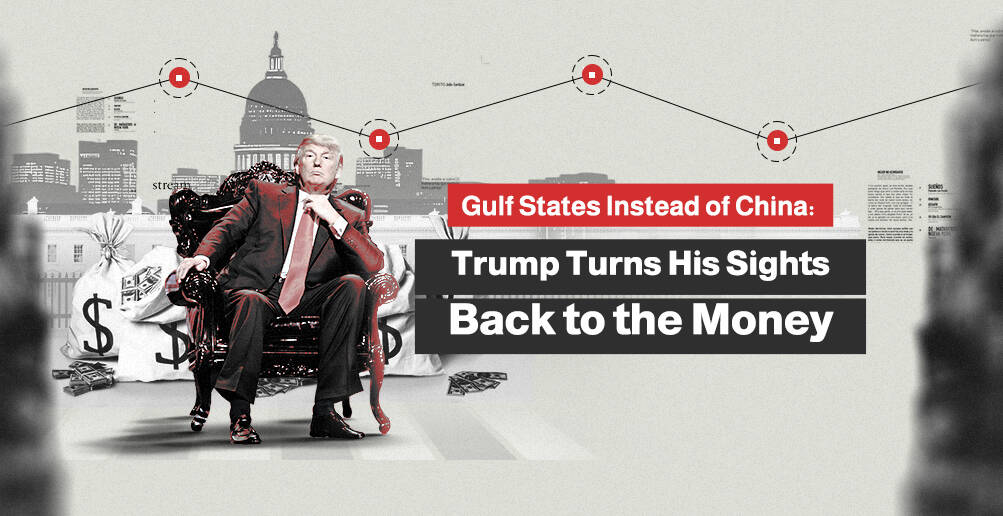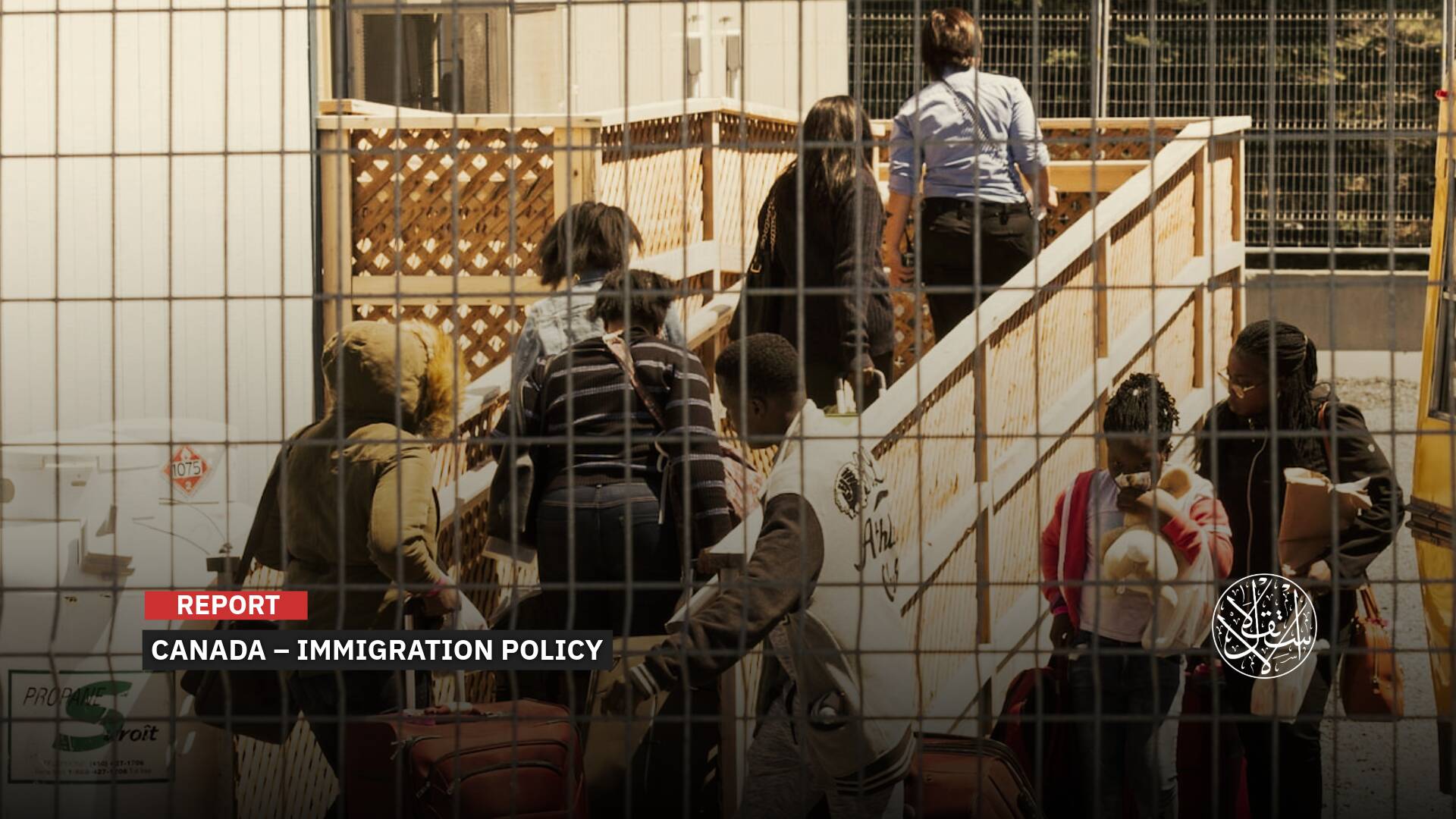After Being Devastated Both Securely and Economically, What Does Yemen Gain from Saudi Financial Grants?

The Kingdom of Saudi Arabia’s pledge of $1.2 billion in financial aid to Yemen, intended to address the government’s budget shortfall, has sparked inquiries into its potential effects on the country’s worsening economic situation. which has been engulfed in war for nine years.
During a conference with Yemeni Finance Minister Salem bin Braik on August 2, 2023, Riyadh’s Ambassador to Yemen, Mohammed al-Jaber, stated that this move is a positive signal for all Yemenis, indicating Saudi Arabia’s continued support for the Yemeni economy and also a step toward de-escalation among various parties.
Yemeni Finance Minister Salem bin Braik mentioned that this support will alleviate the critical economic and humanitarian situation caused by Houthi militias targeting oil export facilities, which resulted in a loss of around 65% of the state’s revenues.
Gradual Dependency
Commenting on the implications of the Saudi step and its impact on Yemen’s economic situation, Yemeni political analyst Abdulbaqi Shamsan noted that the country’s resources have been systematically drained by external and regional actors.
This process began when the central bank in Sana’a remained under Houthi control for an extended period, during which they siphoned off approximately $4.5 billion.”
“This was a recognition of the Houthis as a ruling authority, as they were receiving imports and paying salaries for a long time, even after seizing the people’s savings, cash reserves, and oil revenues. The central bank was eventually left bankrupt and relocated to Aden,” Shamsan said.
“There are parties interested in maintaining the Houthis and providing them with power elements, including financial resources, enabling these militias to arm themselves and engage in battles.”
Shamsan further explained, “The strategy involves keeping the legitimate authority out of the country and preventing it from convening parliamentary sessions within Yemen. This also applies to political parties, in addition to establishing militias on the ground, weakening the national army, and besieging certain cities by the Houthis.”
Since the Houthi coup in Yemen in 2014, the parliament has managed to convene only once in the city of Seiyun in April 2019. Its members are scattered across various international capitals, and some of them are active on social media, detached from the reality of the state’s institutions, which are supposed to be the legislative oversight authority.
The most recent attempt to convene parliament was in the city of Seiyun in Hadhramaut Governorate in July 2021. However, it was obstructed by the Southern Transitional Council, led by Aidarus al-Zoubaidi and supported by the UAE, which seeks secession of southern Yemen as an independent state.
In conclusion, Shamsan stressed that “this all points to a strategy aimed at eroding state institutions’ functionality, making them reliant on intermittent financial support from the central bank.”
He affirmed that “Yemen’s resources have been drained, leaving the government incapable of managing its institutions and citizens’ affairs, rendering it subservient to regional actors intervening in Yemen.”
The solution, according to Shamsan, lies in resuming oil exports and reopening ports and airports in liberated cities, which will boost the state treasury and enable it to manage the country’s affairs.
“The resources of the Hudaydah Port go to the Houthis, while Sana’a Airport remains open. Meanwhile, other ports and oil and gas refining and export facilities are controlled by the Saudi–Emirati coalition. This signifies a strategy to dominate the genuine rights of the Yemeni people in sovereignty and resource management,” Shamsan said.
Given the role of the Saudi-led coalition in obstructing the resumption of oil exports and the functioning of Yemeni ports, Shamsan described the recent Saudi support as “throwing dust in the eyes.” Its purpose is to give the illusion that the Yemeni people are receiving assistance while they are being plundered, starved, burdened with debt, and their decisions are kept hostage.

Positive Reflection
On the other hand, Mohamed Jamal al-Shuaibi, a professor of political economy at the University of Aden in southern Yemen, stated that Saudi Arabia’s announcement of providing $1.2 billion in support to the Yemeni government will have a positive impact on exchange rates and improve the value of the Yemeni rial, especially given its recent deterioration, where the exchange rate reached 1500 rials per US dollar.
The economic expert explained in a statement to Sputnik on August 4, 2023, that the improvement will certainly not be substantial, but at the very least, it will bring about some positive changes and slow down the ongoing deterioration.
Al-Shuaibi affirmed that immediately after the Saudi announcement, this directly affected the exchange rate of the Yemeni rial against the US dollar and the Saudi rial, which are the two most commonly used currencies for comparison due to their circulation in Yemen.
The support provided by Saudi Arabia will be used to cover the general budget deficit and support the ability of the legitimate government to pay salaries. The government was on the verge of a deficit due to declining revenues and deteriorating economic conditions, especially since oil exports stopped after Houthi attacks on oil facilities and export ports forced operating companies to halt their activities, and this situation continues to this day.
In October 2022, the Houthis launched warning attacks on three oil ports in the southeast of the country. This led to the cessation of government oil revenues and fuel flows and to its deprivation of vital resources.
The expert pointed out that consultations and understandings conducted behind the scenes between the coalition leadership and the coup authorities helped reduce escalation between the parties. This resulted in the reopening of the Hudaydah Port, controlled by the Houthis, which had a negative impact on the general budget of the legitimate government.
After the Yemeni government and the Houthis reached an agreement on a ceasefire in April 2022, Sana’a Airport was reopened for flights, along with the Hudaydah Port. These two facilities had been under the control of the Iranian-backed militia since 2015.
According to al-Shuaibi, the Houthis exploited these understandings to stop purchasing local gas from the Yemen Oil and Gas Corp. in Marib and importing gas, all of which had an impact on the exchange rate. None of these matters occurred without understanding beyond the comprehensive framework of the country.
Al-Shuaibi expressed hope that this Saudi support would relatively improve the efficiency of the Yemeni economy while stressing the need for comprehensive financial and economic reform policies.
These should include reducing unnecessary expenditures and halting foreign currency salary transfers for government employees in Yemen. These transfers have placed a heavy burden on the ailing economy.
He emphasized the urgent need to resume oil production and export to help improve the value of the Yemeni currency. Any understanding should be inclusive, as recent agreements have seriously impacted the situation on the ground.
The expert noted that reducing revenue for the legitimate government while increasing resources for the coup authorities has prolonged the conflict, as these extra resources support their military efforts.
The United Nations had sponsored a six-month ceasefire between the Yemeni army and the Iran-backed Houthi militia, which ended in October 2022. This left Yemen in a state resembling an undeclared ceasefire, interspersed with occasional armed clashes.

Escalating Financial Shortfall
Saudi Arabia’s allocation of a financial grant to Yemen comes in the wake of the legitimate Yemeni government’s declaration, internationally recognized, that it has incurred losses exceeding $1.5 billion since August 2022 due to the ongoing threat of Houthi attacks on oil ports and economic facilities.
Marwan Noman, Yemen’s representative to the United Nations, affirmed during his address at a Security Council session on August 3, 2023, concerning famine, the worsening food security situation in the country amidst the government’s diminishing capacity to withstand the economic contraction of 50 percent resulting from the war and continued Houthi threats and attacks on vital infrastructure.
He called for support to enhance the state’s institutions’ effective response to climate change risks, as well as to bolster agricultural capabilities and provide the necessary funding to achieve national food security.
Noman also urged for support to Yemen’s humanitarian response plan to ensure the provision of food, clean water, basic healthcare, and protection for those in dire need.
Furthermore, he called on the international community to pressure the Houthi rebels to ensure safe, unobstructed, and sustainable access to life-saving humanitarian aid, especially for children under the age of five, as well as women and girls who are most vulnerable to severe malnutrition.
He demanded that the Houthi militias cease using starvation of civilians as a tactic of war, particularly against the besieged residents of Taiz city for over 8 years.
For the past 9 years, Yemen has been grappling with dire humanitarian and health conditions, alongside a severe deterioration of its already impoverished economy. This situation unfolded after the Houthis captured the capital, Sana’a, on September 21, 2014, and subsequently gained control over the government headquarters following clashes with official forces.

More than two-thirds of Yemenis rely on aid to sustain themselves amidst a crippling economic crisis caused by the war, currency collapse, and restrictions imposed on imports and foreign trade.
UN Special Envoy for Yemen, Hans Grundberg, announced in July 2023 that the economic warfare between the conflicting parties has exacerbated the conflict, as the government struggles to fund essential services and pay its employees’ salaries.
Houthi attacks on oil export facilities in October 2022 deprived the government of most of its foreign currency revenues, which account for about half of its total earnings.
This, coupled with the global oil price hike, widened the fiscal deficit, estimated by the International Monetary Fund to have reached 2.5 percent of the Gross Domestic Product in 2022.
The International Monetary Fund anticipated that this deficit would expand further in 2023 if oil exports do not resume, despite the reduction in essential expenditures.
Sources
- Saudi Arabia supports Yemen with $1.2 billion [Arabic]
- New Saudi support for Yemen with 1.2 billion dollars [Arabic]
- The widening deficit is straining the Yemeni economy, prompting calls for expenditure oversight [Arabic]
- Yemen loses one and a half billion dollars in a year as a result of the Houthi attacks on oil ports [Arabic]
- Stopping oil exports is straining Yemen's fragile economy [Arabic]
- Yemen: The Transitional Council obstructs the convening of the sessions of the Parliament in the southern governorates [Arabic]


